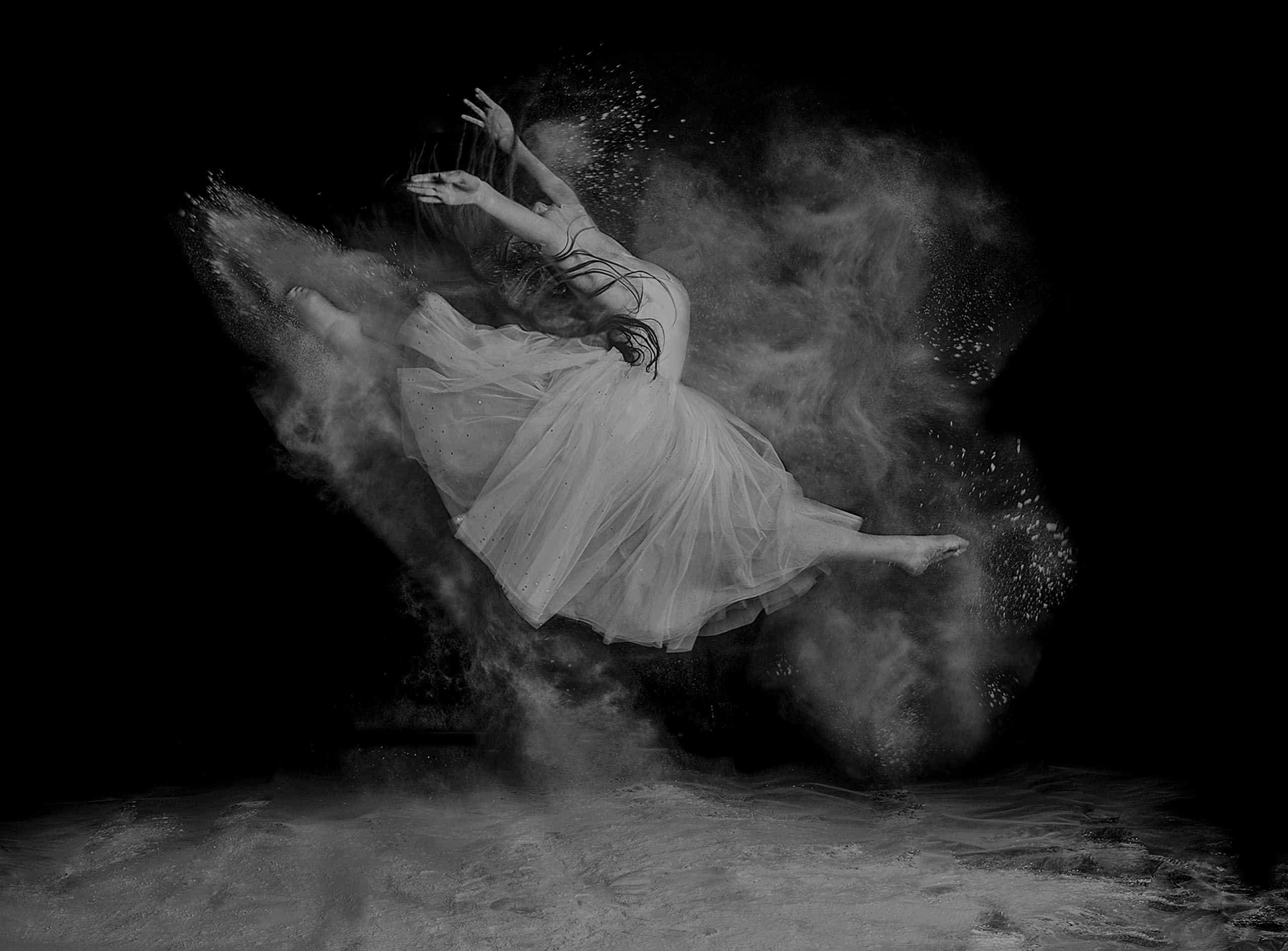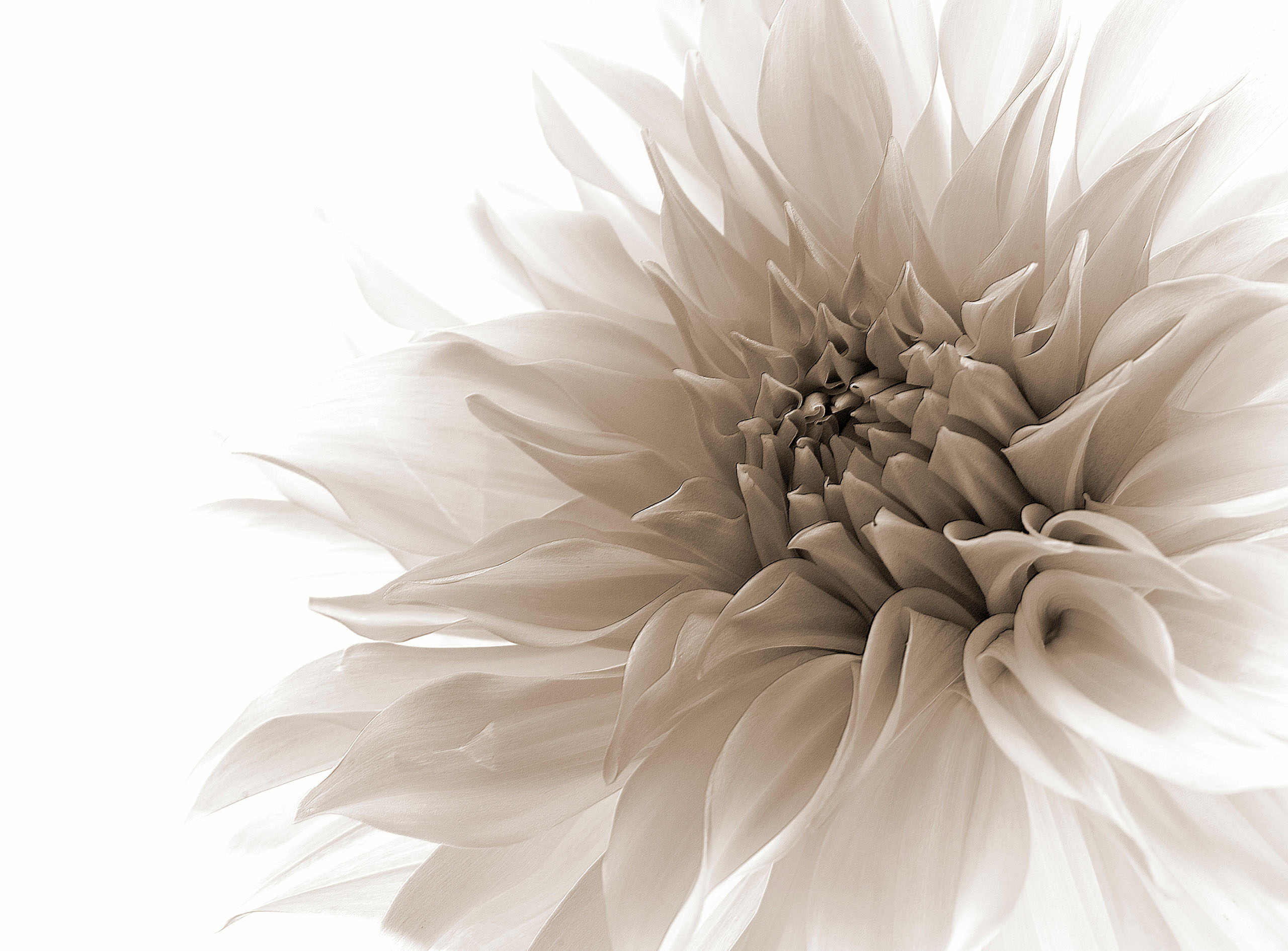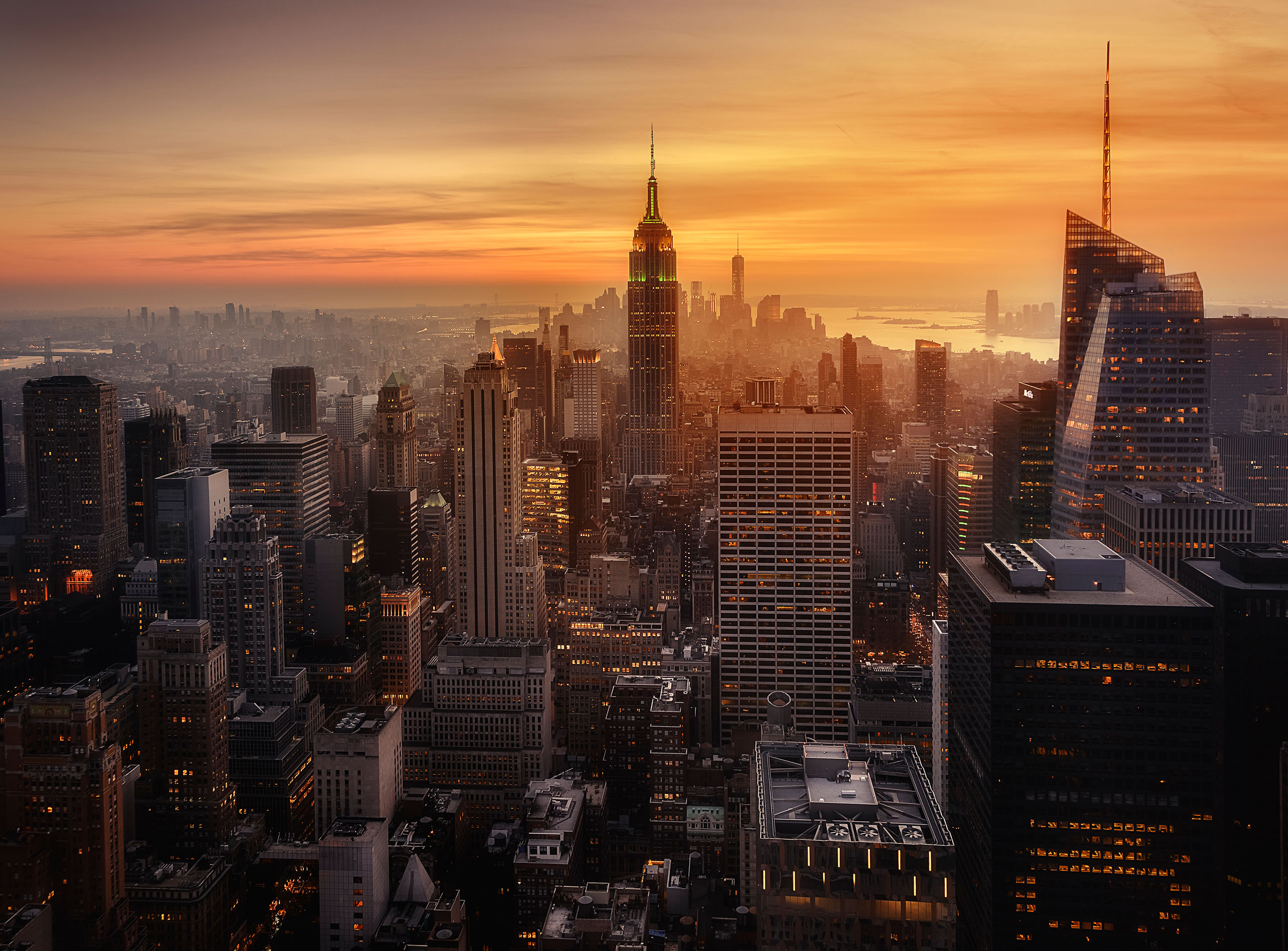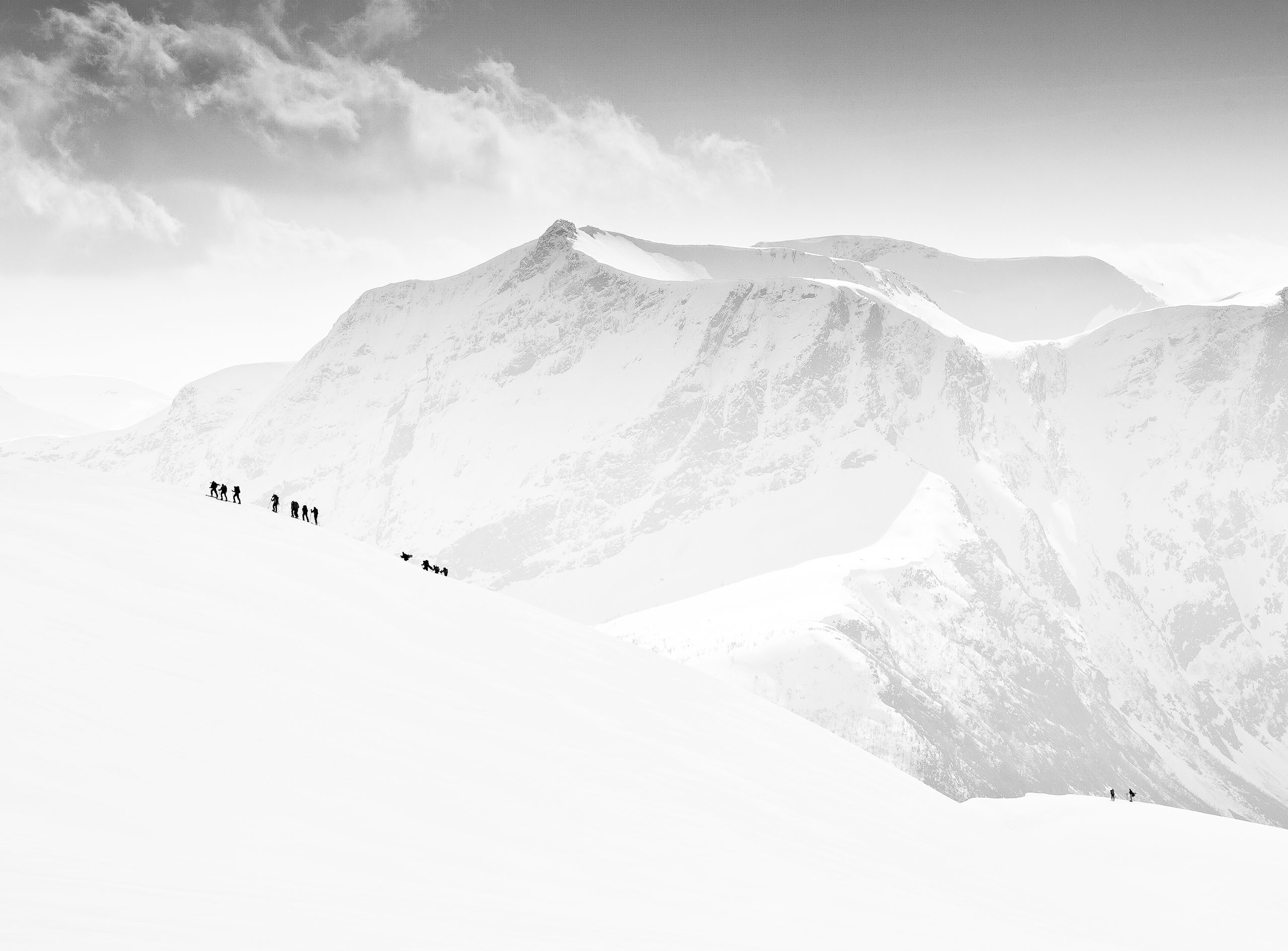Listening to you all talk about India makes me envious :) My mother was born and grew up there (Ootecamund in the Nilgiri Hills, southern India) but I have never been.
Jan, have been thinking the last day or so about these questions and everyone's answers. It's so interesting to read how everyone approaches their work. As Gianni ,and actually all of you touch upon, it is so often as much about the actual story behind the subject/s. This is very true for me when I approach – and carry out – certain jobs. I think that stems from my Reuter days, appreciating that the caption accompanying the image is as important as the image itself, but also because I'm a writer and so find that the telling of the story comes out easily in words as well as visually.
When I approach a topic, for example the South Sudan story last year, I usually would think to spend quite some time in researching and planning. In this case, it was imperative, mainly because of trying to get into the country; you can no longer just fly into South Sudan, you have to be invited, get press permissions, permits, pay for this, pay for that…it's all quite a mission and one that changes on an almost daily basis. When I knew I was going in, accompanying a documentary film maker making a film for the UN, I started to put the story, that we were covering, out there in terms of trying to get funding for it, or agencies/NGO's etc who would want to buy the pictures. As a freelancer, unfortunately money does really dictate what is possible, although sometimes you find yourself very passionate about a subject and really want to do it. In this case, I took the chance to just go and then luckily it got picked up afterwards.
I'm working on two stories at the moment, one concerning the Rwandan War Crimes Tribunal in Arusha, and the other a return to South Sudan – over a year later – to follow the midwifery students that I met, as they graduate and go out into the far reaches of the country to work in the community. Their last three years have been spent in the somewhat sanitized conditions of the main teaching facility in Juba and suddenly they are going to be faced with the reality of rural midwifery and all that that entails. I would hope, this time, that the story would be of interest to both parties who took my images before and that they would do the necessary to get me back in to the country; having just heard, however, that press permits are now $4,000 a pop and that the peaceful future of the country is on "a bit of a knife-edge", I have to slightly hesitate until I can learn more about this.
That made me think a bit too, where it's mentioned above…'you don't hesitate' ….and I think, oh but I do :) I do hesitate, I'm not 21 and totally gung-ho anymore. Of course there are many things that I do (and will do) where this mindset doesn't even enter into it, but when there are elements of risk you weigh that up against how far you would be prepared to go to do the job, when you don't have a lot of back-up and support behind you. Beyond that, all that you say is true: empathy, open-ness, politeness, interest in people generally, also a pretty thick skin in some cases, strength of mind…and body (carrying gear and other crap with you)….good shoes and a good bag: Robert remind me of how much I am going to love that Lowepro x100/x200 when I can finally get it out here :)
What I find the most frustrating about my job is establishing relationships with NGOs or whoever, who say oh but we love your work, but we don't have a budget for photography so is there any way you could still see yourself doing something for us; it seems to be the story of my life at the moment! Photographing hotel room interiors and safari camps helps to bring in the bucks so that when I do have financial breathing space, and am passionate about doing something, I can compromise on some things and then I look at it also as helping to build my portfolio and experience which is still important for me.







